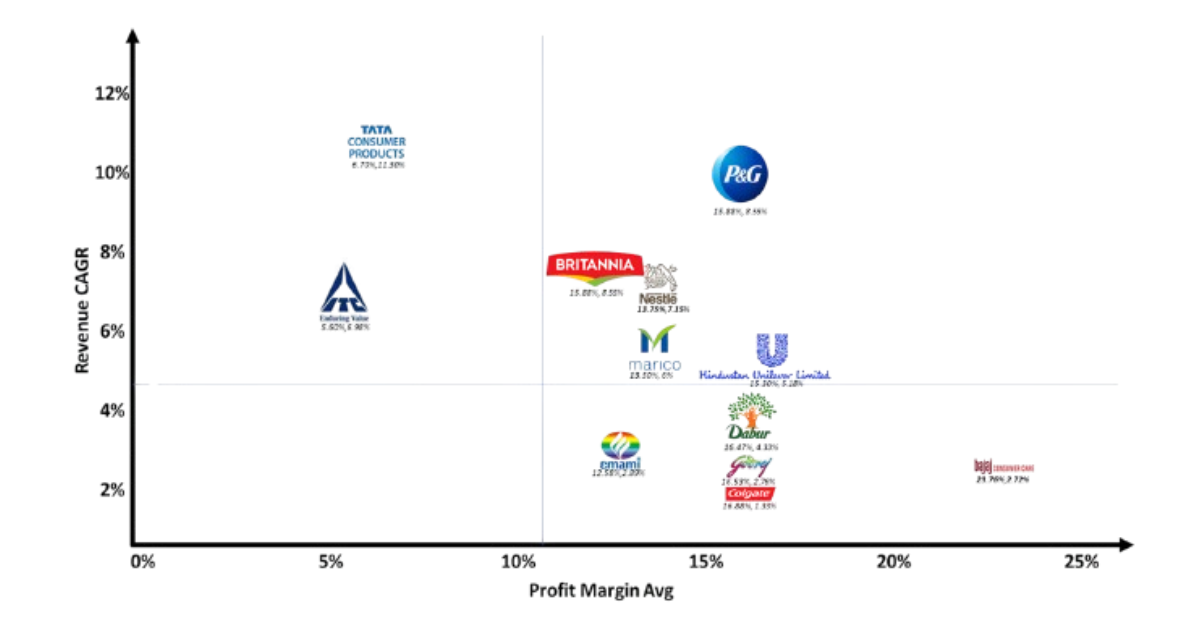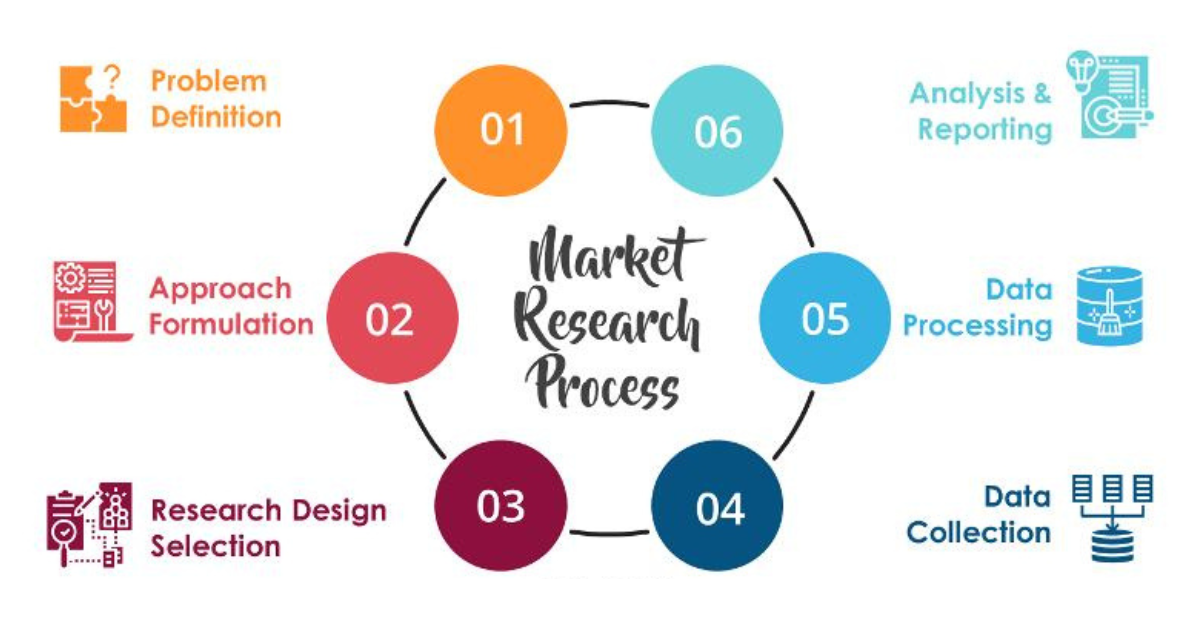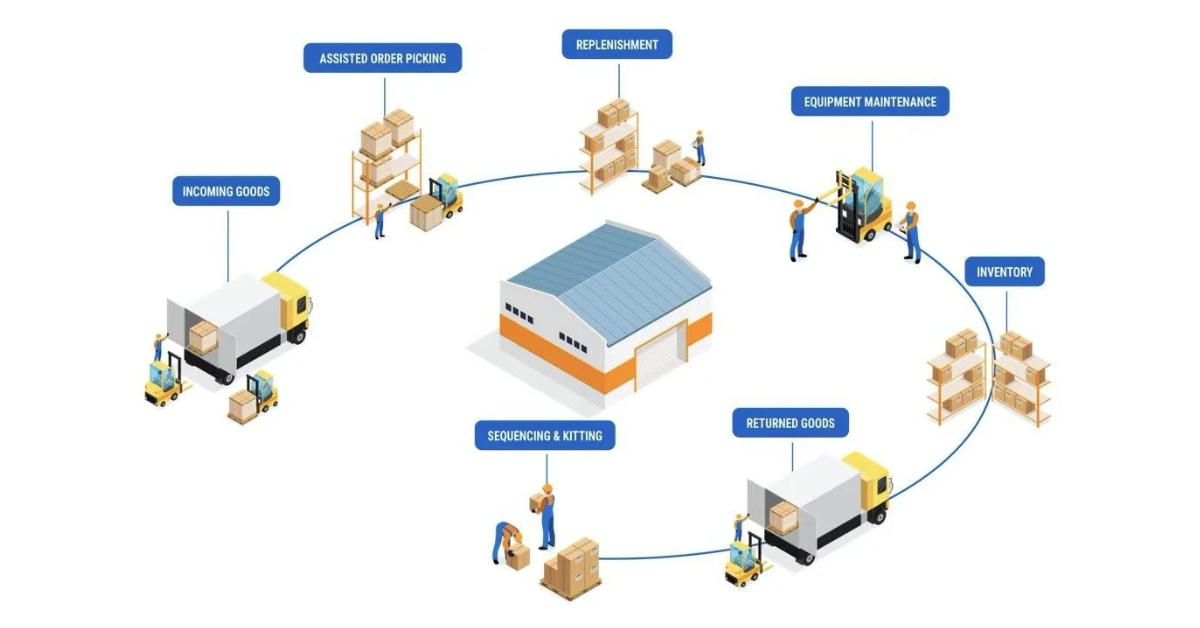Want to explore how to start an FMCG business? Well, you’re in the right zone. The fast-moving consumer goods sector is a vibrant market that always needs new products. So, if you have a brilliant idea that makes your customers happy, you can dominate the market.
Although, FMCG appears to have a promising future with plenty of opportunities for business owners. In the upcoming years, the FMCG business is predicted to increase greatly due to the rising demand for household items.
If you are considering stepping into the FMCG industry, a well-defined business plan is essential. In this article, we will delve into your go-to source for starting an FMCG business with practical advice and critical insights that will turn your small FMCG venture into a huge success.
So, let’s get going!
What is an FMCG business?
Fast Moving Consumer Goods (FMCG) also known as CPG (Consumer Packaged Goods) usually refer to products that are high in demand, sold quickly, and available at pocket-friendly prices. For example, beverages, stationery, packaged food, medicines, plastic and laundry products, personal care products, and electronics articles like phones and headphones.
However, certain fast-moving consumer goods, such as meat, baked food, fruits, and vegetables have a short shelf life. Therefore, the sales of FMCG are usually impacted by retail discounts, holidays, and other seasonal events. In short, FMCG products are everyday items that people buy regularly and use.
Is the FMCG Business Profitable?
Before starting an FMCG business, it is critical to analyze whether it is a profitable business or not. Based on the current market trends, there is a growing demand for FMCG products that are free from harmful chemicals and healthy for consumers. Consumers are demanding eco-friendly packaging products that reduce waste and are safe for the environment.
Furthermore, FMCG products that may be offered online are in great demand due to the growth of internet shopping. With the aid of e-commerce, launching an FMCG manufacturing company may be a lucrative endeavor that offers countless chances for growth and expansion in a market that is continuously changing.
The popularity of private-label FMCG products, which are marketed under the store’s brand name, is also rising as consumers look for less expensive substitutes for well-known names. Thus, the FMCG industry offers businesses a rich chance to enter and flourish in the market.
But remember one thing FMCG businesses are subject to a range of issues that might affect their profitability, including competition, market dynamics, operational efficiency, and product innovation. However, FMCG businesses typically have smaller profit margins than those in sectors with high-value products.
So, here we are sharing some important things you would need to remember to build a successful FMCG business:
• Follow up on low-margin and high-volume business models.
• The FMCG market is often highly competitive, so adjust your price policy accordingly.
• Keep an eye on your branding and packaging of the product. Try to build strong brand loyalty and awareness of your products.
• Innovation and creativity in products increase the chances of high-profit margins. But make sure your innovation is environment-friendly.
• Keep ahead of the industry trends and adjust to the changing consumer preferences.

How to Start an FMCG Business: A Step-by-Step Guide
Now, you have understood what the FMCG business is and why you should invest here. So, if you are ready to step in, let us understand how to start an FMCG business step-by-step.
Step 1: Perform Market Research
Before getting into the FMCG business, it is critical to conduct thorough market research to avoid losses. This will help you understand the target market, consumer preferences, high-demand products, and profit margins. Along with that, you must examine your competitor’s strengths and shortcomings before developing the product for your brand.
Pro tip: Do extensive research on each segment to make an informed decision.

Step 2: Select the Product Niche
While researching you may prepare a list of product niches you can work on and are in great demand. Here, we are sharing some of the top FMCG product categories you can start with:
• Household goods
• Personal care products
• Beverages
• Health and wellness
• Baby care products
• Bakery products
• Pet supplies
The above-listed products are in huge demand recorded great success. However, we compel you to study each niche (if you’re interested) before making up your mind.
Step 3: Create FMCG Business Plan
To build a successful FMCG business, you need a strong business plan that outlines your business goals, strategies, and financial projections. It should also include a social media strategy, such as Google ads, paid and unpaid promotion, branding, marketing, and distribution channels or partners.
When you have a clear idea of how to start and where to stop, you can create a million-dollar business. So, create your business strategy by seeking help from professionals or considering your ideal partner.
Pro tip: Do a SWOT analysis to develop a well-detailed marketing plan.
Step 4: Get Funds
It’s critical to thoroughly weigh your options and select the funding source that best suits your requirements and objectives. When presenting your business strategy and financial projections to possible lenders or investors, be sure they are solid. Here are a few choices:
• Use personal savings
• Borrow money from a bank or friends
• Get angel investors
• Make partnerships
• Get Government funding schemes
Step 5: Setup Manufacturing Unit
Once you have funds and a product niche, you can move to another important step is establishing an FMCG manufacturing unit. This typically includes installing utilities, and production lines, and buying equipment or machinery. While doing that, ensure that you abide by all applicable laws, rules, and guidelines, including those of food safety for FMCG goods.

Step 6: Determine the Supply Chain
For astounding FMCG Business success, you need a robust supply chain strategy that depends on strong networks. Therefore start building relationships with suppliers and distributors. Suppliers for good raw materials or finished goods while distributors for an efficient supply chain and logistics strategy to ensure timely delivery.

Step 7: Launch the FMCG Product and Evaluate the Market
When everything is all set from the manufacturing unit to raw materials and supply management, you are ready to launch your product in the market. For effective results, create a strong marketing strategy, and utilize social media and traditional marketing channels to endorse and reach out to your targeted audience.
5 Best Tips to Get Success in FMCG Business
In FMCG Business, success requires a combination of strategic planning, using digital tools, and lots more.
Keep an Eye on your Customers
The purchasing patterns of consumers are constantly evolving, therefore it’s critical to understand how they will react to your goods. Develop your approach to better understand the demands of your clients. Once you have a solid understanding of your target market, you must develop a unique plan of action to take market share and establish your company as an industry leader.
Use Digital Tools and Platforms
Without a doubt, the digital revolution boosts each distribution channel’s efficiency immediately. Thus, FMCG organizations should favor digital tools and platforms of this caliber if they want to improve results. Better customer experiences, innovative product delivery, and a means of tying together all process stakeholders across several digital platforms and devices are all indicators of digital maturity.

Level up Your Savings
Growing sales and revenue do not always translate into a profitable business. The business needs to have an effective procedure in place to manage operating expenses if it hopes to increase earnings. A company’s ability to reduce unnecessary expenses will be severely limited until an appropriate approach is implemented.
Manage Operational Efficiency
To control costs, a business must oversee and assess every aspect of operations. Streamlining workflows, increasing productivity, and providing goods or services in an economical and timely manner all call for a methodical approach. This entails making use of technology, putting best practices like lean manufacturing into practice, and encouraging a continuous improvement culture. So, ensure you’ve established an operational structure that is responsive, nimble, and well-organized and can help the company satisfy client needs profitably and efficiently.
Boost and Manage Sales
The most important component of every FMCG company’s growth is its sales. To effectively manage your sales basket, you should implement an appropriate system. Create a distinctive plan for your company to generate quality leads.

Closing Thoughts
That’s all we have to say! We hope this step-by-step guide on how to start an FMCG business has provided valuable insights and a roadmap to help you establish your FMCG business.
Remember that overcoming obstacles and attaining sustained success in the FMCG industry requires determination and a customer-centric mindset. Lastly, we wish you good luck on your FMCG business journey!
If want to learn different strategies for other businesses – Here we go !! In Business Blogs !!
FAQ’s
Q1. Which is one of the best FMCG companies in India?
The top FMCG companies in India are Hindustan Unilever, Nestle India, Varun Beverages, Dabur India, Colgate, Godrej, and Britannia Industries.
Q2. Is the FMCG business stressful?
In the FMCG industry, many brands and goods compete for shelf space and consumer attention for the products. Thus, sales professionals frequently have to meet high sales targets, which can cause stress and a constant urge to keep one step ahead of the competition.
Q3. Can I sell FMCG Products Online?
Yes, you can. E-commerce has grown in popularity and effectiveness as a means of selling a variety of consumer goods, particularly fast-moving consumer goods (FMCG).
Q4. How to get an FMCG License?
All FMCG companies must, however, submit applications for particular kinds of licenses. Businesses that sell food items are required to apply for a license from the Food Safety and Standards Authority of India (FSSAI), regardless of how big or small the company is.




